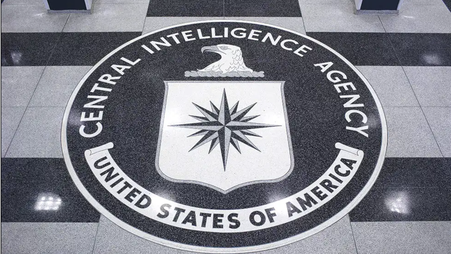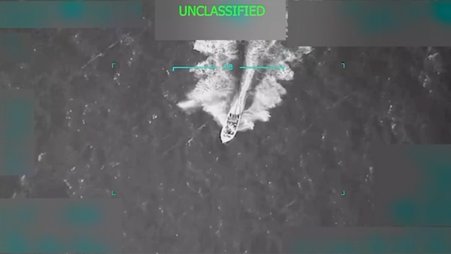Are you a national security reporter who wants to know if the FBI has accessed your social media, email, or phone records? Too bad, that’s classified.
The government can demand your information from a wide variety of third parties, and it can force those companies to keep the fact that it is investigating you a secret indefinitely.
Government gag orders to silence these third parties are especially concerning because the threshold for their use is low and they’ve often been abused — by Democratic and Republican administrations alike.
This ongoing, unconstitutional shroud denies us the ability to fight back in court or conduct any meaningful oversight of the government’s secrecy claims.
Social platform X, owned by President-elect Donald Trump confidant Elon Musk, has unsuccessfully waged separate lawsuits to curtail two of the government’s favorite surveillance tools: 1) the FBI’s national security letters, and 2) gag orders issued under the Stored Communications Act.
Musk’s influence within Trump’s administration, and the ways he may materially benefit from it, should come under serious scrutiny, as should his conduct since taking over X (and everything else he does that impacts Americans’ lives). But people across the political spectrum should nonetheless wish X success in its efforts to weaken the government’s ability to spy on citizens and then hide the fact that it does so.
National security letters regularly abused
This January, the Supreme Court declined to hear an appeal in X's case challenging unnecessary secrecy around the FBI’s national security letters, sent by the bureau during national security investigations.
The letters typically seek customers’ financial records or phone and electronic communications from a wide array of businesses. NSLs are regularly abused and issued without judicial oversight or time limits on their gag orders.
When the Obama administration tightened its rules around when the government could spy on journalists, it let the FBI bypass those rules completely by using NSLs. This left reporters few legal protections when the government investigates leaks of national security information — even if the leaks are in the public interest, which they often are.
X initially filed its NSL suit in 2014 (when it was known as Twitter and not yet owned by Musk), after the government prevented Twitter from publishing the exact number of NSLs it received in its Information Requests reports.
The FBI argued that the information would damage national security if released, so redacted the report Twitter submitted to it for review.
Twitter argued the redactions violated its right to free speech before the speech had even occurred (a “prior restraint,” which the Supreme Court considers the most serious of First Amendment violations).
Vague and unsubstantiated claims about harm to national security don’t trump First Amendment rights. But the 9th U.S. Circuit Court of Appeals held in the case that gag orders related to national security aren't as constitutionally problematic as other prior restraints.
We believe that's wrong. But even if the constitutional bar were lower, the government should still have had to show that individual company statistics would cause some actual harm to national security, beyond that from what's already public (the Office of the Director of National Intelligence already reports the total number of NSLs issued across all companies).
The court’s failure to take up this issue leaves national security reporters in limbo and the public in the dark.
Gag orders issued under the Stored Communications Act
In October, the Supreme Court denied another X petition, this time over gag orders issued under the Stored Communications Act. The SCA can prevent companies from telling users the government has issued a warrant for their data even years after the gag orders expire.
The X suit concerned the Justice Department’s demand for records from Trump’s X account, and the accompanying gag order that prevented X from notifying Trump about the warrant.
X argued “that the consequences of this authority were broad, potentially allowing the government to violate attorney-client or journalist-source privileges.”
The government said, as it does in most cases concerning information even tangentially related to law enforcement, that notifying the recipient of the warrant would compromise its investigative capabilities. That’s another vague and overused claim.
The irony in the X suit is that during Trump’s first term, his administration used the same SCA provisions to secretly seize journalists’ phone and email records, including for reporters at The Washington Post, CNN, and The New York Times.
When SCOTUS denied X’s petition, it left journalists and other investigative targets at risk, and failed to resolve divisions between lower courts on the role of service providers “in protecting potentially privileged materials seized by the government.”
The government shouldn’t have a blank check to demand user data from social media or telecommunications companies. And people should know if their records are being seized as part of an investigation against them, so they have the opportunity to fight back.
If Musk uses his access to the Trump administration to blunt these tools, we should support it.





